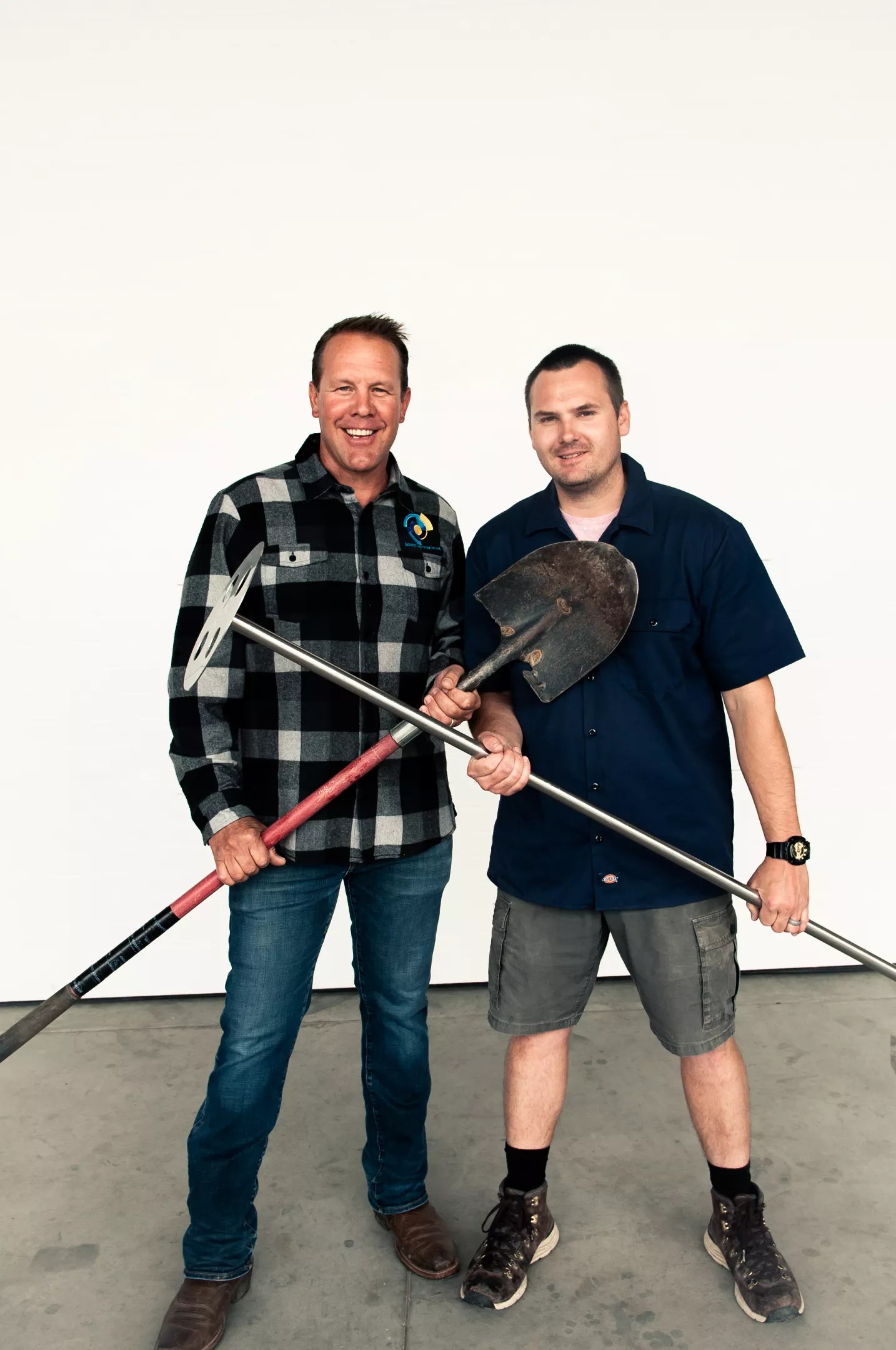
Aquila Cellars/Instagram

Audio By Carbonatix
The term “natural wine” has gained a good amount of traction in recent years, and in Denver, bars like Noble Riot and Yacht Club have helped popularize the trend. Because there are no designated guidelines for natural wines like there are with organic wine, what the term means can vary by producer. In many cases, natural wines are produced with minimal intervention and are made with little or no additives. Often, they are described as bright, funky and hazy.
At Peony Lane, located in Paonia in the West Elks AVA (American Viticultural Area), wine is naturally fermented and produced with no additives, harmful chemicals or fining agents. At Jack Rabbit Hill Farm in Hotchkiss, the farm is certified organic and certified biodynamic. Its low-input farming practices include utilizing first-use irrigation water of snow melt; biodynamic compost preparations (compost teas made from fermented plant and animal materials); hormone- and antibiotic-free horse and cow manure compost; cover crop seed; and organic sulfur. Grapes are hand-picked, and there are no commercial yeasts or additives used.
“There is a lot of confusion around natural wine due to the fact that there is no legal definition,” says Sauvage Spectrum co-owner and winemaker Patric Matysiewski. Plus, “It’s not what you expect,” he adds. “It doesn’t taste like any wine you’ve ever tried.”
Depending on the specific wine, it could be similar to kombucha, cider or sour beer, he notes. In fact, Wine Enthusiast credits Denver’s love of craft beer, specifically sour beer, with sparking a greater interest in natural wine.

Sauvage Spectrum owners Kaibab Sauvage and Patric Matysiewski.
Sauvage Spectrum
Sauvage Spectrum’s vineyards are located in Palisade in the Grand Valley AVA. Matysiewski says its sales have been on the rise, and it opened an additional tasting room in downtown Ouray last year. The winery was named Colorado Winery of the Year in 2021 and 2022 by the Colorado Association for Viticulture and Enology, and it has won accolades at the Sunset International Wine Competition and Sommeliers Choice Awards.
“Authenticity in wine making is viewed more and more by minimal intervention,” he says. “You’re seeing unfiltered wine becoming more prominent.” Another factor in the rise of natural wine is the continued desire to know where our food and wine come from, he adds.
Aquila Cellars winemaker and creative lead Courtney Gayer says she has seen increased interest in the category since the business launched in 2019. She believes that natural wine is entering a craft beer era as consumers have had more exposure to it and have begun to appreciate the artistry in making it.
Aquila’s founder, Brandt Thibodeaux, comes from a farming background and has worked with Jackrabbit Hill, while Gayer has several years of experience in natural wine and cider production. “Neither of us have any interest in making conventional wine, and we saw a lot of potential in Colorado’s grape production,” Gayer says.
Part of the appeal is the state’s unique climate, with its harsh winters and intense sun and heat in the summers. “To me, it’s more interesting than an established region, and definitely more unpredictable,” Gayer notes. At Aquila, “natural” means using healthy, clean fruit that is grown without chemical sprays and is farmed organically. The wine itself is also made with minimal manipulation in the cellar. Its practices are rustic – fruit is hand-picked, foot-treaded and processed through an old wooden basket press.
“Our way of farming and producing is extremely gentle, with a lot of thought put into the longevity of the land and the impact we’re having on it,” Gayer says. “It’s a very holistic approach to winemaking.” Aquila’s wines range from a subtle, more classic German-inspired Pinot Noir to co-ferments made with herbs and apples. “I think we have a good balance of very approachable, recognizable wines and experimental things that blur the lines of traditional blends.”

Balistreri’s award-winning wines.
Krista Kafer
Even though the term “natural wine” is buzzy right now, John Balistreri, owner of Denver’s Balistreri Vineyards, says it’s just the original way his Sicilian ancestors made wine. Today the winery still hand-picks grapes to ensure quality, and it uses no sulfites, flavorings, colorings or chemical additives. Wines are fermented naturally as opposed to using commercial yeast strains, and they are left unfiltered in order to preserve natural flavor and body in the wine and keep in antioxidants.
Where to find Colorado-made natural wine:
Aquila Cellars wine is available at retail shops throughout the Front Range, including Mondo Vino and Joy Wine & Spirits in Denver as well as Persona in Boulder. The team is also opening a tasting room, restaurant and coffee shop in Carbondale called Painted Pig.
Balistreri Vineyards has a tasting room and restaurant at 1966 East 66th Avenue. Its wines are also available for purchase online. The Balistreri Wine Club includes one or two bottles per month, discounts on additional wines and invitations to special events.
Jack Rabbit Hill Farm wines are available for purchase online.
Peony Lane’s tasting room in Paonia is open Friday through Sunday, 11 a.m. to 6 p.m. Wine is also available for online order.